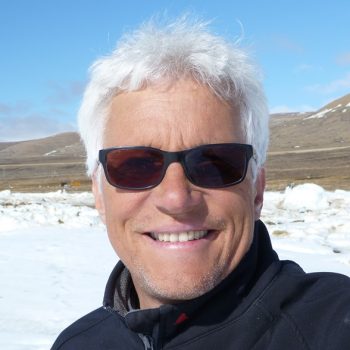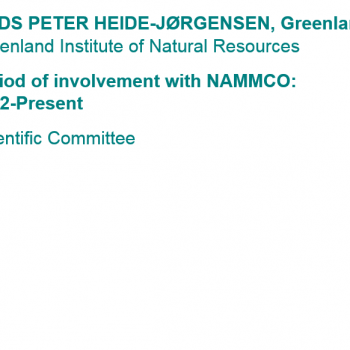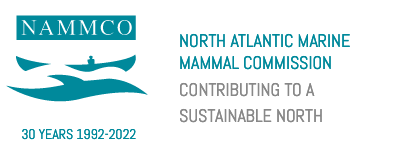October 16 2018: Behind NAMMCO – Mads Peter Heide-Jørgensen
A part of NAMMCO since its inception, Mads Peter Heide-Jørgensen has been a key figure behind the Scientific Committee and Working Groups for the past 25 years:


History with NAMMCO:
I drafted (together with Johann Sigurjonsson) the 1st rules of procedures for NAMMCOs SC and I have been member of NAMMCO SC for almost its entire life. I have also been chairman for NAMMCOs SC for two periods, chaired two working groups and I have edited two books in the Scientific Publication series, and contributed to other volumes. I was particularly involved with the project development and fund-raising for the NASS2015 survey.
I have a long history with marine mammals from a childhood next to a harbor seal rookery to University projects on seals, employment at the Greenland Fisheries Research Institute with responsibility for whale research, later transferred to the present Greenland Institute of Natural Resources interrupted with a 5-yr sabbatical at the US National Marine Mammal Laboratory and continuous employment as professor at the Greenland Institute of Natural Resources and affiliation as professor with the University of Copenhagen until today.
There is little doubt that the most significant achievement by NAMMCO is the introduction of sustainable exploitation levels of narwhals and belugas in Greenland. From a situation without restrictions quotas were first introduced in 2004 after several years of discussions of the status of the stocks. This has led to a recovery of the belugas and a whole new and innovative approach for setting quotas for stocks of narwhals that are shared with Canada. The transition from an unrestricted hunt in Greenland to a heavily regulated hunt went relatively smoothly which in itself is a major achievement. The work in NAMMCO seems tedious but it is actually very important and I think it is sometimes underestimated by the member states. NAMMCO needs to be tightened up and get more funding if it should be taken seriously worldwide and for instance take responsibility for the management of large cetaceans in the North Atlantic.


